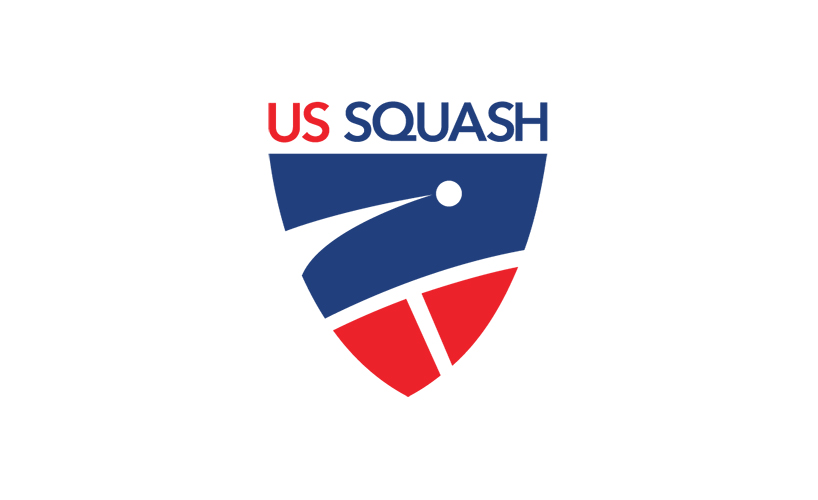At US Squash we strive for officiating to be a positive experience during all accredited play—whether you are a player on court interacting with the referee, officiating yourself, or watching as a spectator. This can only be achieved when the squash community shares common expectations for officiating. It is important for officials, players and spectators to uphold the highest standards of conduct, and that the rules of squash are understood. Officials and players must make their best effort towards matches being played fairly, and families and coaches must be partners in these efforts. US Squash will continue its efforts in rules and officiating education, work with the community to communicate clear expectations, and support sportsmanship at all accredited events both on and off the court.
In the training of officials, emphasis is being placed on players to make every effort to clear and deliver an unobstructed path to the ball, and for players to take a direct line to the ball when it is their turn as striker. Referees must determine when a player has not appropriately cleared – or when the striker is not taking a direct line and making his or her best effort to play the ball – and penalize the offending player with a ‘stroke’ or ‘no let’ call.
Officiating can often feel complicated, but the expectations for players are simple:
• make play as continuous as possible
• take a direct line to play your shot
• fully clear to allow your opponent to play
As a coach, fan or family member, the expectations are equally clear: cheer positively, let the players play, and allow the referees to perform their duties without interference.
In support of improving rules education and positive officiating, this season US Squash will host information sessions at JCTs for coaches, players and families. We will continue to provide officials for national events, and we are encouraging tournament directors of adult and junior events to do the same. We offer clinics in clubs to cover the basics of the rules of squash and are the only country to offer age-specific refereeing exams. Enforcement of the Code of Conduct will remain a priority for us, as will recognition for those who exemplify the ideals of sportsmanship we all strive to meet.
In the end, each of us has a responsibility to ensure fair play and a positive experience at events, just as the players need to know what is expected of them on court. Coaches, parents, officials and spectators all have a role to play in creating and sustaining the culture we want in squash.













